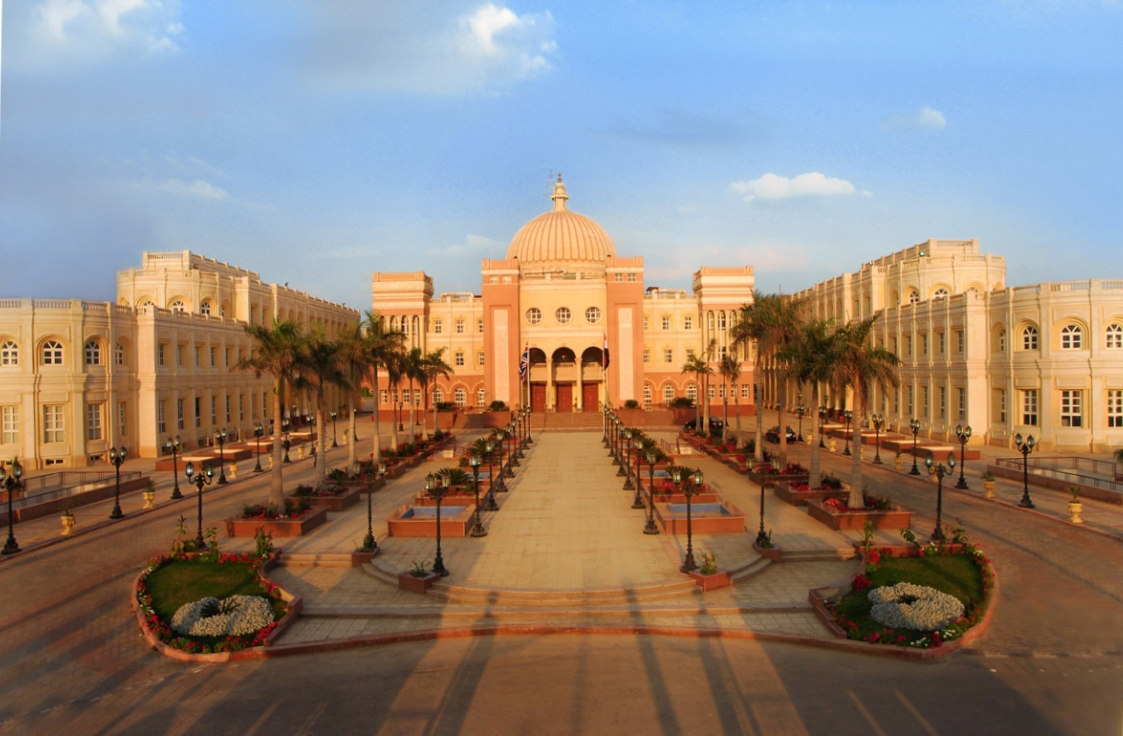When Dutch sailors first landed in Mauritius in 1598, they discovered an island paradise rich in lush, tropical vegetation and with abundant supplies of fresh water. They also famously found the dodo, which has been described as a “feathered tortoise,” a bird so fat that it could not fly. It provided an easy target and a ready supply of meat for even the most […]
Opinions
SPIDER partners with UNAD to Digitalise Ugandan Sign Language
Since its inception in 2004, SPIDER (Swedish Programme for ICTs in Developing Regions) has recognised education as a fundamental human right that enables people to take part in society and lift themselves out of poverty. Education in low-resource settings is generally underfunded. This becomes more apparent as students in need of special accommodations go without their requirements being met, thus preventing them from accessing […]
Critical Skills Gaps: Salah-Eddine Kandri Speaks on the Future of the Job Market in Africa
A World Bank report from 2014 suggested that as many as 11 million young people in Africa will be joining the job market every year for the next decade. For long-term economic growth, investment in a highly skilled workforce is hugely important. But where are the critical skills gaps in Africa today? And, more importantly, how can we fill them? These are just some […]
Remote online experimentation platform at the British University in Egypt (BUE)
Professor Hani Ghali, Centre for Emerging Learning Technologies CELT, BUE The noticeable progress of information and communication technologies and associated development tools, together with the availability of reliable internet connectivity, have created unlimited opportunities for eLearning activities. These have motivated teachers to think about new non-conventional interactive eLearning modes of teaching and associated learning activities. Amongst the numerous interactive learning activities, online experimentation is considered […]
“MOOCs – a must, not a luxury”
With the launch of the Knowledge Bank, Egypt has established itself as an African leader in open education. No surprise then that the subject of Massive Open Online Courses (MOOCs) should be coming in for close scrutiny in Cairo. Dr Zeinab El Maadawi, an Associate Professor and Expert in eLearning and International Education Management at the Faculty of Medicine, Cairo University, has been studying […]
eLearning Africa Debate 2015: Move over higher education
On the final evening of the 2015 eLearning Africa conference, four education experts came together to debate a motion, which co-Chairperson Mor Seck, President of the Association of African Distance Learning Centres (AADLC), described as “one of the hottest topics in African education”: ‘This House believes that Africa needs vocational training more than academic education’.
Higher Education back on the development agenda
The Spring Meetings of the IMF and World Bank are attracting thousands to Washington, DC, this year, an unusually large number. This year is particularly important for international development because it ushers in the United Nations’ new ‘Sustainable Development Goals (2016-2030)’ as the ‘Millennium Development Goals (2000-2015)’ come to an end.
Innovation and sustainable development: Strengthening linkages in the ICT ecosystem in Africa
As Africa pursues the transformation agenda, there is urgent need to bridge the knowledge and capacity gap that exists in many countries and sectors. For any society to reach a reasonable level of sustainable development, a carefully planned integration of technologies would be required. To achieve this level of technological advancement, Africa needs to create innovative processes not only in the acquisition or development […]
‘Don’t overthink, just do it!’: Top 10 tips from Africa’s tech entrepreneurs
Few now doubt the potential of Africa’s tech scene. Analysts and economists the world over frequently cite Africa as the ‘next big thing’, primed to pick up the reigns from where the economies of the ‘Asian Tigers’ left off. The continent has always had entrepreneurs, but never before has so much attention been focused toward their activities, the success of which is seen as […]
It’s time to talk about privacy
The digital revolution promises to personalise education across the African continent. But as innovative eLearning companies begin collecting more and more data about students, some have voiced concerns about privacy.

























